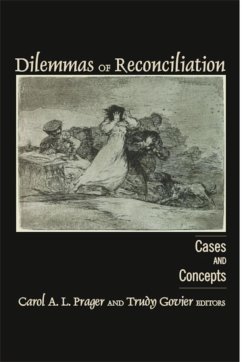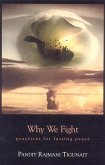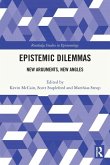How can bitter enemies who have inflicted unspeakable acts of cruelty on each other live together in peace? At a time in history when most organized violence consists of civil wars and when nations resort to genocidal policies, when horrendous numbers of civilians have been murdered, raped, or expelled from their homes, this book explores the possibility of forgiveness. The contributors to this book draw upon the insights of history, political science, philosophy, and psychology to examine the trauma left in the wake of such actions, using, as examples, numerous case studies from the Holocaust, Russia, Cambodia, Guatemala, South Africa, and even Canada. They consider the fundamental psychological and philosophical issues that have to be confronted, offer insights about measures that can be taken to facilitate healing, and summarize what has been learned from previous struggles. Dilemmas of Reconciliation is a pioneering effort that explores the extraordinary challenges that must be faced in the aftermath of genocide or barbarous civil wars. How these challenges of reconciliation are faced and resolved will affect not only the victims' ability to go on with their lives but will impact regional stability and, ultimately, world peace.








